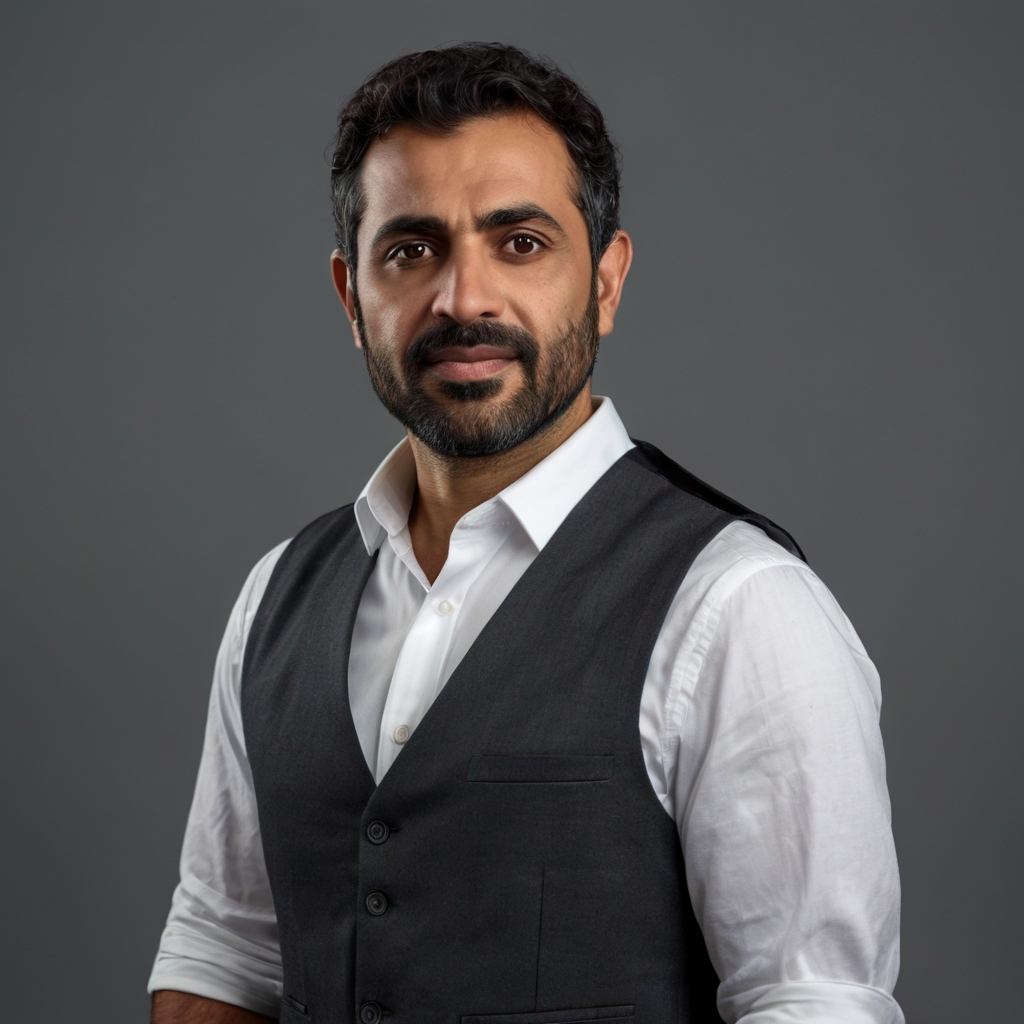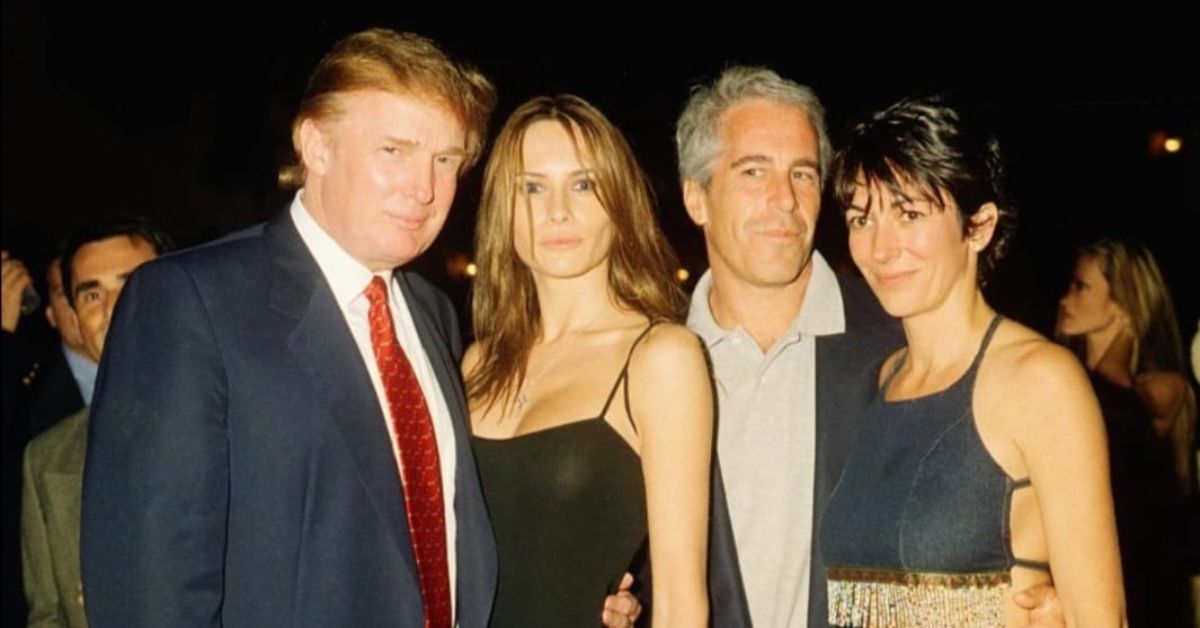WASHINGTON, D.C. — President Donald Trump’s administration faced renewed scrutiny on Wednesday, August 20, 2025, after a federal judge in New York rejected a Justice Department request to unseal grand jury transcripts in the Jeffrey Epstein case, labeling it a “diversion,” according to CNBC. The ruling intensifies public and political pressure on Trump, who has been accused by some supporters of backtracking on campaign promises to release all Epstein-related documents. The disgraced financier, who died by suicide in 2019 while awaiting trial on sex-trafficking charges, remains a lightning rod for conspiracy theories.
U.S. District Judge Paul Engelmayer dismissed the request, stating, “Its entire premise that the Maxwell grand jury materials would bring to light meaningful new information about Epstein’s and Maxwell’s crimes is demonstrably false,” per NPR. The decision follows reports that Attorney General Pam Bondi informed Trump in May that his name appeared in Epstein’s investigative files, a revelation that has sparked outrage among his base, per Reuters. Trump, who socialized with Epstein in the 1990s and early 2000s, has denied wrongdoing and called the controversy a “hoax” driven by Democrats.
Key developments in the case include:
- Congressional Push: The House Oversight Committee subpoenaed Epstein files, with a deadline missed on August 19, 2025.
- Maxwell’s Role: Ghislaine Maxwell, serving 20 years for sex trafficking, opposes unsealing her case’s transcripts.
- Public Sentiment: A Reuters/Ipsos poll shows 69% of Americans, including many Republicans, believe the government is hiding Epstein details.
Posts on X, like those from @calisteven, reflect frustration, calling the DOJ’s efforts a distraction. With Congress in recess until September, the issue continues to simmer, challenging Trump’s narrative control as his administration grapples with balancing transparency and political fallout.
Source: CNBC
Author
-

Tyler Grayson brings global events to your screen with clarity, depth, and context. With a background in political science and international relations, Tyler covers diplomacy, global conflicts, climate issues, and major policy shifts with a balanced, facts-first approach. His reporting connects the dots between headlines and their real-world impact.







